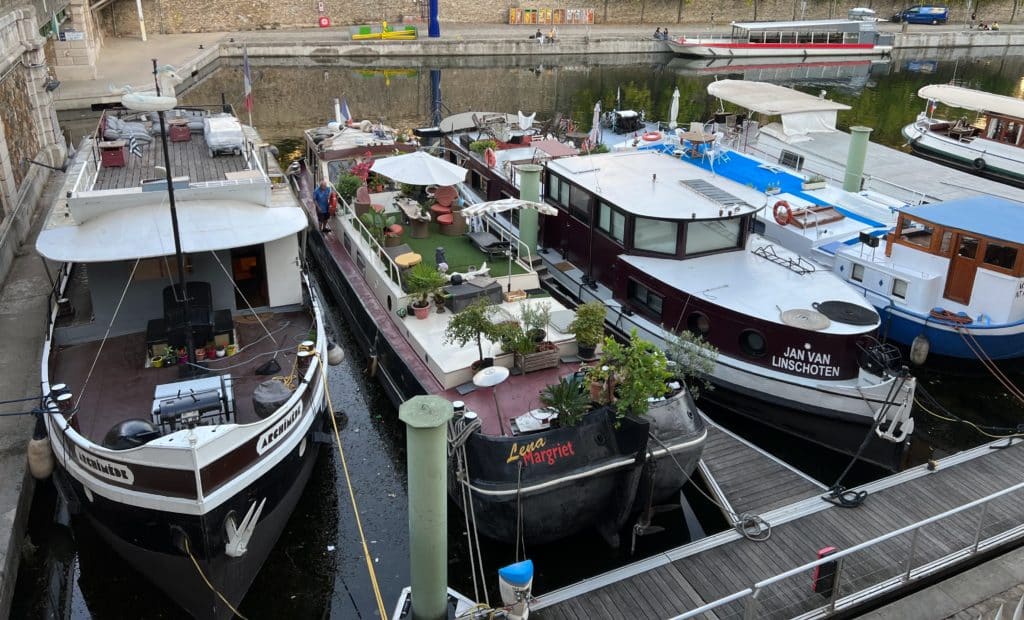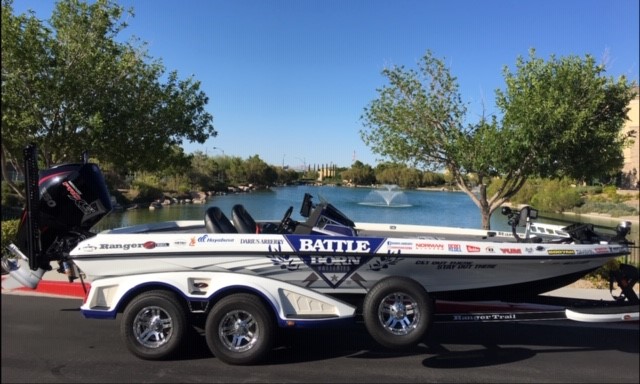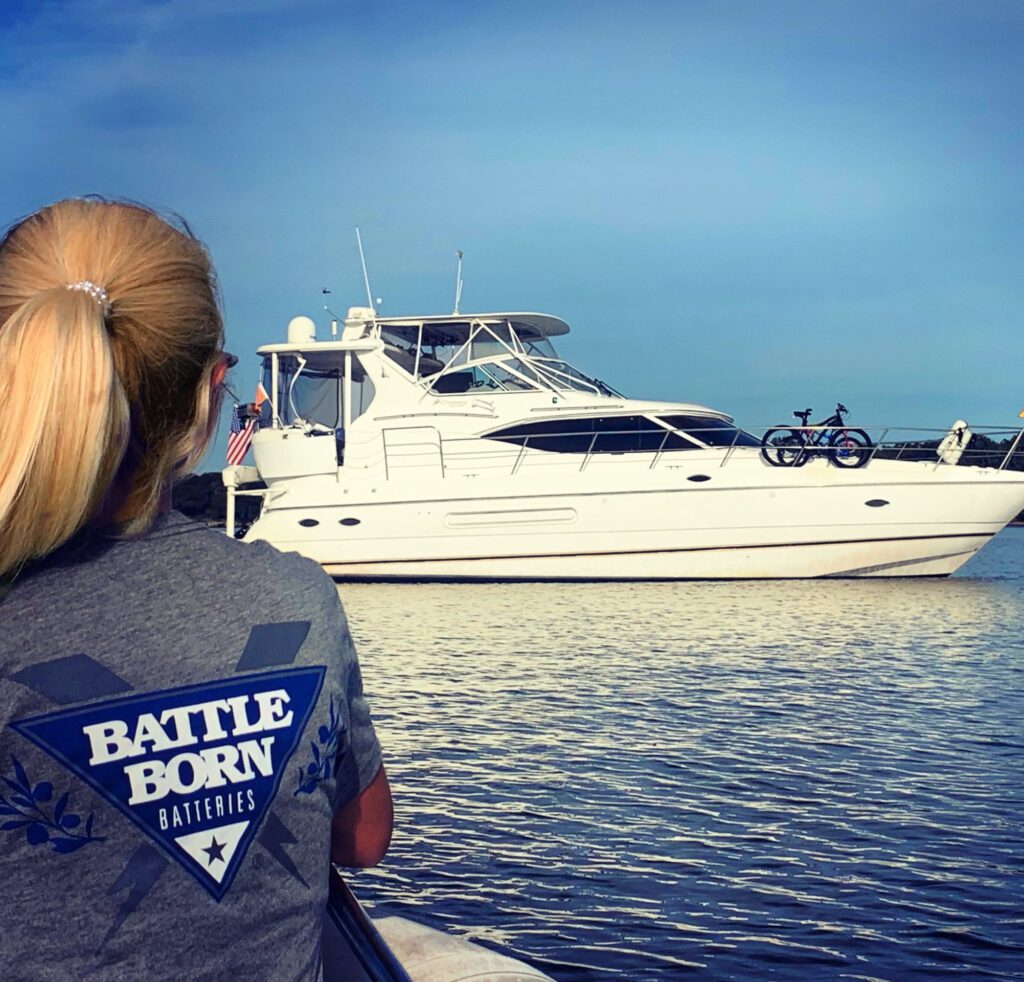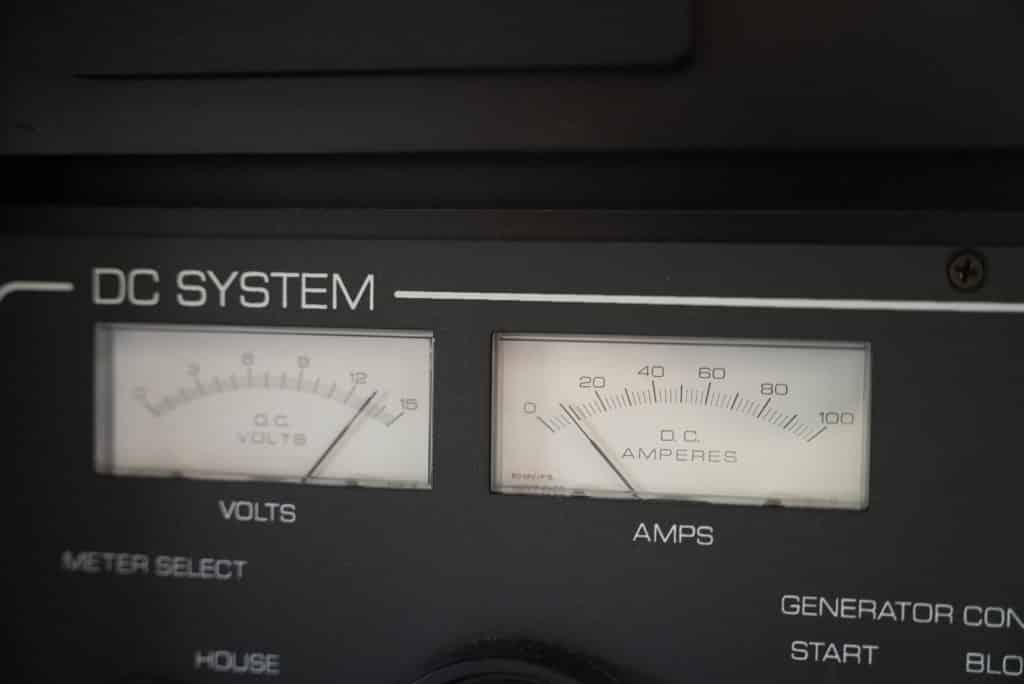
Your battery may not be the flashiest part of your boat. But it’s undoubtedly one of the most critical to making things work as expected. That’s why no one ever wants to get ready to head out on the water just to find a failing battery. But what should owners expect when it comes to boat battery life expectancy? Let’s explore this vital issue.

Three broad types of boat batteries cover the primary needs of boaters. The first are known as starting batteries. As their name suggests, they provide the quick, powerful bursts of energy required to start your boat’s motor.
Next, you have house batteries. These power all the typical electronics and systems on your boat, from your navigation system to heating and cooling to appliances and gadgets that bring the comforts of home out on the water.
The final category is trolling batteries, which power the trolling motors that propel some vessels. Boat batteries of all types can operate using an old-school lead-acid design or a more modern, efficient lithium style.

There’s no one answer when it comes to boat battery life expectancy. A few factors will play a significant role, primarily the type of battery and the condition and frequency of use. Battery life depends on the number of charge cycles or the number of times you charge up and draw down the battery. Battery life expectancy will also depend on the conditions of use and other factors.
Typically, a 12-volt marine starting battery will last between 5 and 10 years, depending on the use. These batteries are usually lead-acid and perform well at their task. Providing a quick burst of power and then immediately getting recharged by the engines.
Deep-cycle lead-acid house batteries tend to last between 2 and 5 years, depending on their use. The deep discharges these batteries see causes them to degrade much faster. New Lithium Ion versions of house batteries can last between 10 and 20 years even with heavy use, however. Trolling motor batteries tend to follow a similar life expectancy as house batteries.
While battery choice may sometimes come down to budget or personal preference, certain styles will have the edge in specific applications. For house batteries and other deep-cycle use, lithium iron phosphate batteries are far and away the best boat battery when it comes to performance and longevity. They’ll typically have a lifespan of five to ten times longer than comparable lead-acid batteries and provide a much better user experience.
For starter batteries, those with an eye toward the longest life should opt for AGM or gel batteries. These offer the burst of power needed to get your engine started, combined with design improvements over flooded lead-acid batteries. However, don’t use them for deep-cycle purposes if you expect any significant life.

Yes — in most cases. Lithium-ion batteries can best use their inherent advantages and benefits when they replace lead-acid house or trolling batteries. These functions are particularly well-suited for lithium. However, you shouldn’t try to swap out your lead-acid starter battery unless they are specifically designed for starting. Our deep cycle Battle Born Batteries are designed for deep discharges, not short bursts of energy.
The lifespan of lithium batteries is one of their biggest benefits. When properly cared for, lithium batteries can last from ten to twenty years or even longer in some cases. This is five to ten times longer than most comparable lead-acid batteries, meaning you’ll buy far fewer replacements and spend less time and money on installation.
Like any battery, the lifespan will depend on how many times you use and charge the battery. Use in unsafe conditions or improper charging or care will result in a shortened battery life.
Under normal circumstances, a properly operating lithium boat battery shouldn’t reach any temperatures worthy of concern. While lithium batteries will tend to warm up slightly when used heavily, this is normal.
The real potential for problems comes when lithium batteries are overcharged and do not have protections in place. All of our Battle Born Batteries have BMS units that will always prevent overcharging, however.
Generally speaking, those with a lithium battery should use a charger designed to operate with their battery. Lithium boat battery chargers provide specific voltage levels and other, more technical specifications designed to provide a safe charge.
Plus, lithium chargers allow users to take advantage of one of the battery’s underrated benefits — speedier charging. Chargers for lead-acid batteries can sometimes work in emergencies but may result in damage or degraded long-term performance.
Check out our recommendations on the best marine battery chargers for your boat.

However, our batteries tend to operate just fine with most standard charges, they just may not get fully charged as fast as they could, and you may not get the full benefit from the batteries.
As long as you are using a “smart” charger or battery management system, leaving it plugged in is not a problem. A BMS can cut off the flow of energy to batteries when they reach a sufficient charge, even without unplugging them.
Those who aren’t planning to use their boats for a while can use trickle chargers, which provide a tiny flow of electricity to batteries. This helps compensate for natural energy loss over time. Trickle chargers ensure that your batteries will be as charged as you left them, even after a long hiatus.
For those in cold climates, removing your batteries from your boat during winter months when the boat won’t be in use is a good idea. This allows you to keep them safe from any extreme temperatures and generally makes it easier to set up a trickle charger, as discussed above.
However, our batteries can be stored down to -15F if they are disconnected. This can be done either through a disconnect switch or by physically removing the connection to the batteries. If you expect temperatures colder than this, we recommend removing the batteries.
Most boaters will find upgrading to lithium-ion batteries well worth the cost. They offer a wide variety of improvements over lead acid, from weight to efficiency to lower maintenance to the ability to operate in more extreme weather. But one of their clearest advantages is their far longer boat battery life expectancy. They’ll last far longer than old-school batteries, saving owners money and hassle over the long term. There’s simply no better time to upgrade your boat battery to lithium-ion than now.
We know that building or upgrading an electrical system can be overwhelming, so we’re here to help. Our Reno, Nevada-based sales and customer service team is standing by at (855) 292-2831 to take your questions!
Also, join us on Facebook, Instagram, and YouTube to learn more about how lithium battery systems can power your lifestyle, see how others have built their systems, and gain the confidence to get out there and stay out there.
Copyright © 2024 Dragonfly Energy. All rights reserved. Dragonfly Energy collects personal information for its internal use. We do not share customer information with any third parties.